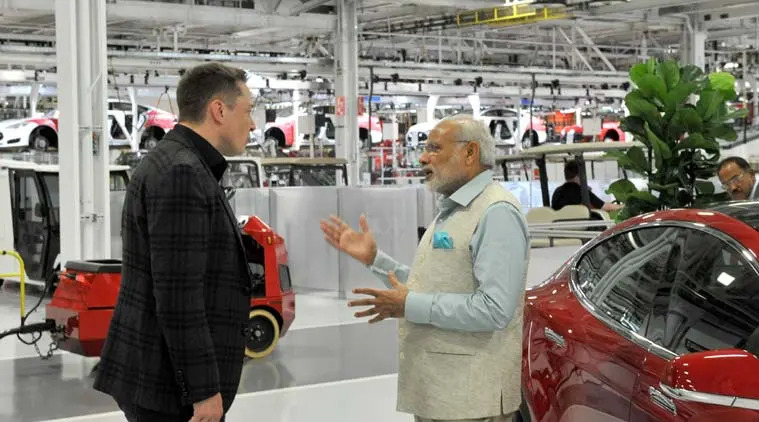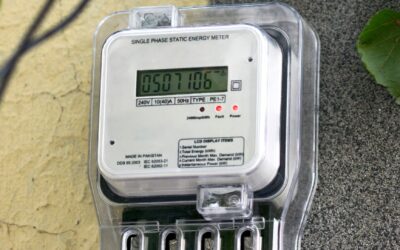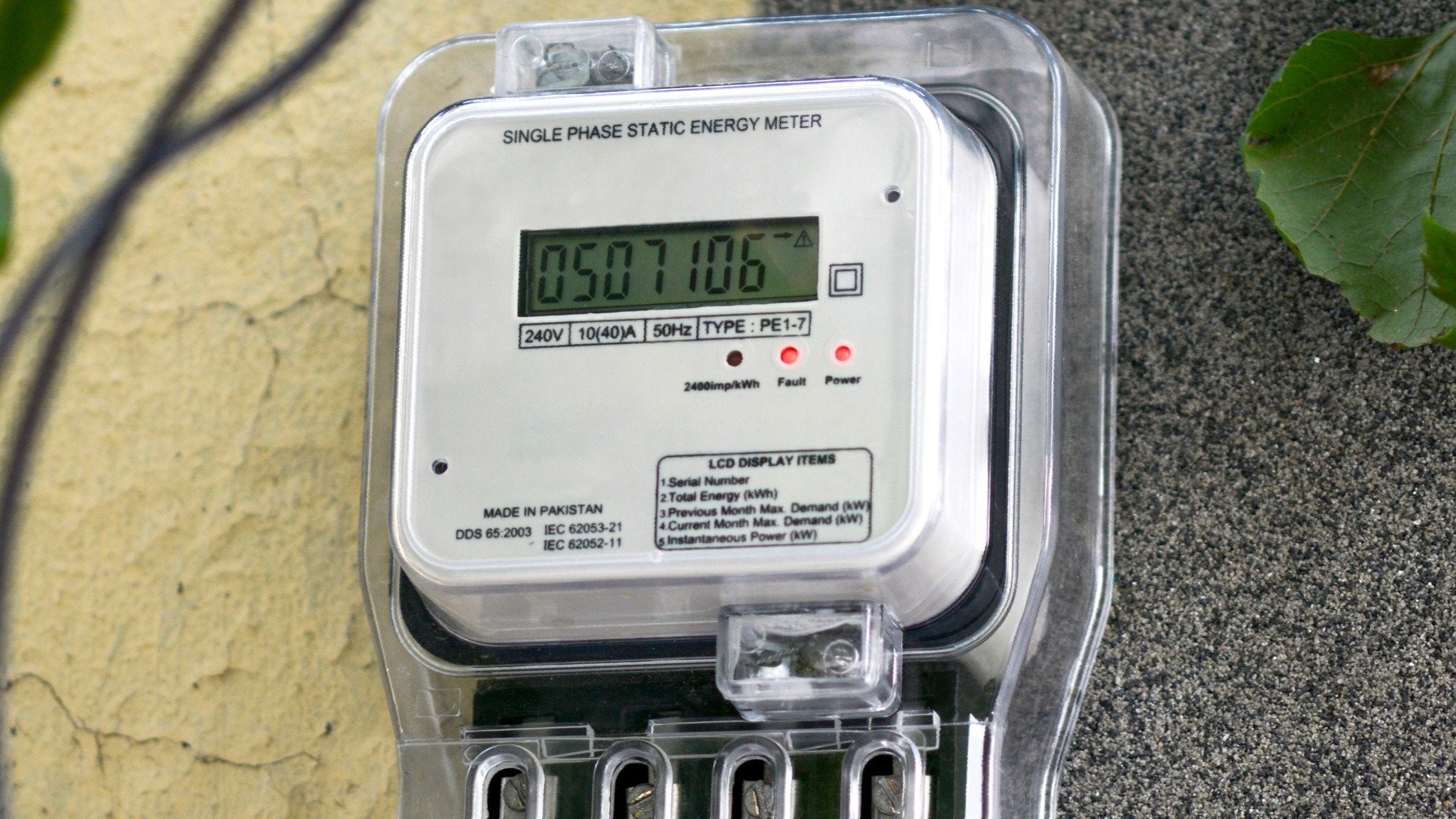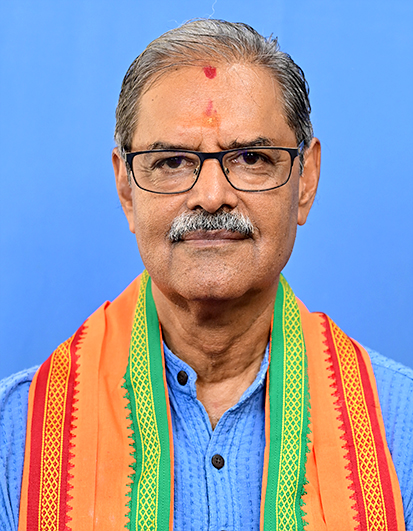Tesla Selects Aerocity in Delhi, BKC in Mumbai to Open Showrooms

Tesla has finalized locations for its first showrooms in India, marking a major step forward in the company’s long-delayed plans to enter the world’s third-largest automobile market. The U.S. electric vehicle (EV) giant has secured spaces in New Delhi’s Aerocity and Mumbai’s Bandra Kurla Complex (BKC) for its flagship stores, reported Reuters.
This development comes as Tesla ramps up its India entry strategy after years of delays, driven in part by discussions between CEO Elon Musk and Indian Prime Minister Narendra Modi, who met in the U.S. last week. The meeting focused on key topics, including space exploration, mobility, and technology, further strengthening Tesla’s ties with India.
Strategic Showroom Locations in India’s Top Business Hubs
Tesla has chosen Aerocity, a bustling commercial hub near Indira Gandhi International Airport in New Delhi, for its first showroom in North India. The area, known for its luxury hotels, retail outlets, and multinational corporate offices, is expected to attract high-end customers and technology enthusiasts interested in Tesla’s premium EV offerings.
In Mumbai, the company has locked in Bandra Kurla Complex (BKC)—one of the country’s most sought-after business districts. BKC is home to major financial institutions, luxury brands, and corporate headquarters, making it a prime location for Tesla’s second showroom in India.
Each showroom is expected to span approximately 5,000 square feet and will be fully operated by Tesla. However, sources clarified that these locations will be for sales only, not service centers. The company’s long-term service strategy for India remains undisclosed.
Tesla’s Renewed Push into India’s EV Market
Tesla has been eyeing an India entry since 2021, but plans were stalled in 2022 due to the country’s high import duties, which can reach 100% on fully built EVs. Musk has previously called these tariffs “unreasonably high” and lobbied for their reduction, arguing that lower duties would make Tesla cars more affordable in the Indian market. However, domestic automakers have pushed back, fearing that relaxed tariffs could give Tesla an edge over local EV manufacturers.
Despite these hurdles, Tesla has accelerated its hiring efforts in India, posting 14 new mid-level job listings this week, including roles for store management and customer relationship teams. This suggests that the company is laying the groundwork for its India operations, even as final regulatory and pricing strategies remain unclear.
India’s Growing EV Market and Policy Shifts
India has been actively promoting electric mobility under its Faster Adoption and Manufacturing of Hybrid and Electric Vehicles (FAME) program, offering incentives to both consumers and manufacturers. The country’s EV market is expected to grow exponentially, driven by government support and increasing consumer awareness.
Tesla’s entry could disrupt the domestic EV landscape, currently dominated by players like Tata Motors, Mahindra, and MG Motor, all of whom are ramping up their electric vehicle production. The government is also exploring policy adjustments to attract foreign EV makers, though no official relaxation on import duties has been announced.
Adding a global dimension to the issue, U.S. President Donald Trump recently called out India’s high tariffs on imported cars, highlighting the need for a bilateral trade resolution. With Modi and Trump agreeing to work toward a mutual trade deal, Tesla could potentially benefit from upcoming policy shifts.
What’s Next for Tesla in India?
While official opening dates for the New Delhi and Mumbai showrooms have not yet been announced, sources suggest that Tesla intends to start with imported EV sales before considering local production. The company’s next moves—particularly regarding manufacturing partnerships, service networks, and pricing strategies—will be crucial in determining its success in India’s highly competitive market.
With demand for premium EVs on the rise, Tesla’s India launch is poised to be a game-changer, potentially setting new benchmarks for electric mobility in the country. However, how it navigates regulatory challenges and local competition will shape its long-term footprint in this rapidly evolving market.








